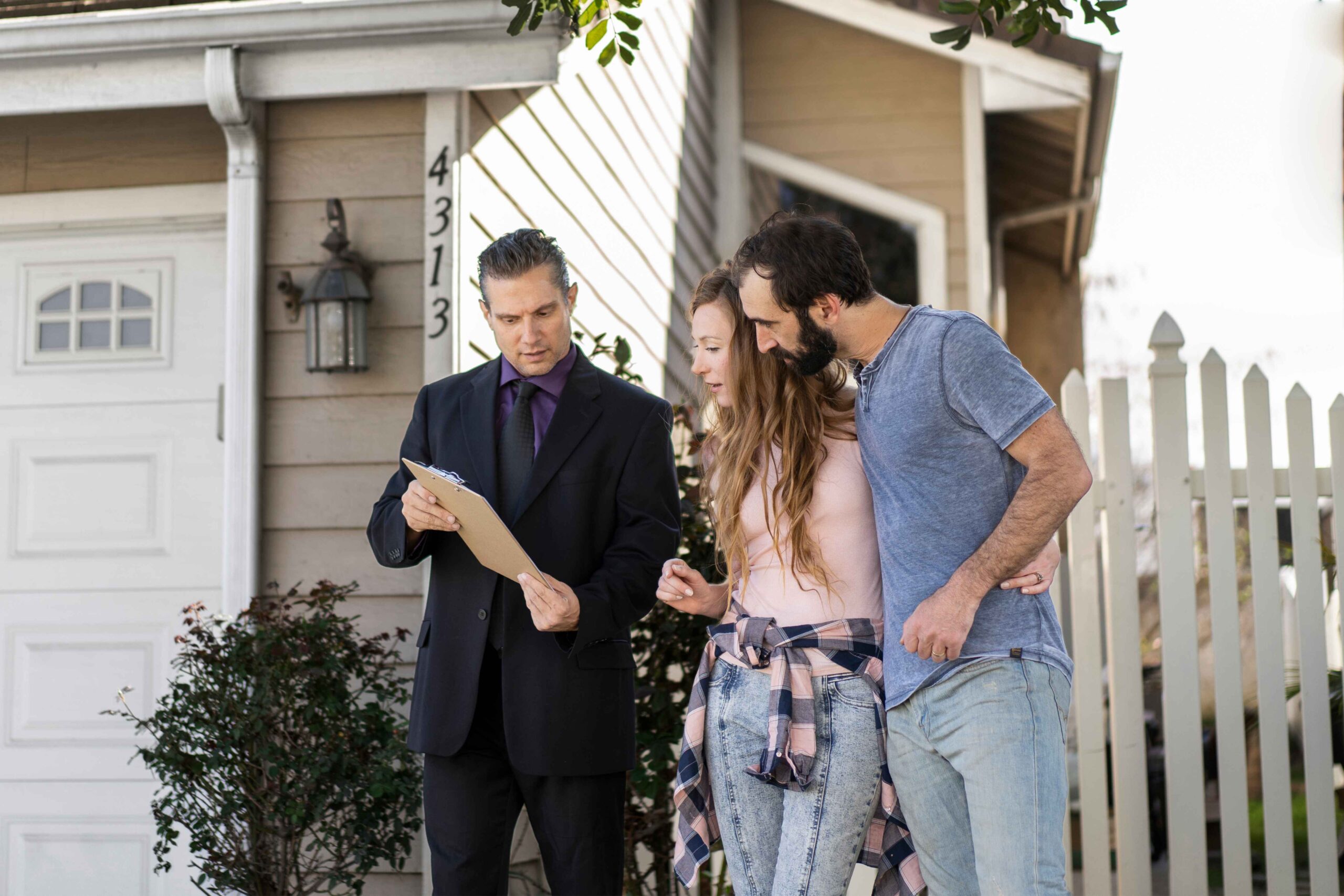In apartment living, security isn’t just a luxury—it’s a necessity. Since now we know that security first—but does your landlord agree? Security is a top priority for renters, but navigating the rules around installing a security system in a rental property can be tricky. Tenants want to protect their belongings and loved ones, while landlords have concerns about their property alterations. So, can a tenant install a security system without the landlord’s permission? The answer depends on multiple factors, including lease agreements, state laws, and the type of security system being installed.
Understanding Lease Agreements and Security System Rules
Before setting up a security system, tenants must review their lease agreement. It is usually risky to do alterations to the landlord’s property without his permission. Most leases include clauses about property modifications, meaning that installing a wired security system requiring drilling or mounting may violate the agreement. Landlords typically reserve the right to approve or deny permanent changes to their property.
However, if the lease clearly prohibits security system installation without prior approval, violating this rule could lead to penalties or even eviction. If your lease says permission is required, it’s best to ask first and avoid unnecessary trouble.
Wireless vs. Wired Security Systems: What’s Allowed?
The kind of security system you choose plays a big role in whether you need your landlord’s approval. If you’re going for wireless cameras, smart alarms, or video doorbells, you’re usually safe—these don’t need drilling or any major changes, and you can take them with you when you move. But if you’re thinking about a hardwired system that involves electrical work or drilling into walls, that’s a different story. In most cases, you’ll need to run it by your landlord and get his approval first.
PS: Tenants seeking to improve security should definitely consider wireless, removable options after getting approval from landlords.
State Laws and Tenant Privacy Rights
Rental laws vary by state, and so do the rules on security systems. In some places, tenants can install indoor cameras without telling their landlord, as long as there’s no property damage. But setting up cameras in shared spaces—like hallways or outside—usually requires permission. Before installing anything, it’s smart to check local laws to stay on the right side of the rules.
Indoor Security Cameras: A Gray Area
Installing security cameras inside a rental unit is usually permissible, as long as they don’t violate privacy laws or alter the structure. Tenants commonly place security cameras in living rooms, entryways, or other private spaces to monitor their surroundings. However, installing cameras in shared spaces—such as a hallway in a multi-unit building—can raise legal and ethical concerns. Some landlords may request notification before any security system is installed inside the rental property.
Outdoor Security Cameras: Do You Need Permission?
Installing security cameras outside a rental unit is a much more complex issue. While tenants have the right to feel safe, landlords may restrict modifications to the exterior of the property. Outdoor security cameras that require mounting on walls, fences, or common areas often require explicit landlord permission. Some states regulate outdoor security systems, especially if they record public spaces. The safest approach is to consult the landlord before installing outdoor security cameras to avoid disputes.
What Happens If a Tenant Installs a Security System Without Permission?
If a tenant installs a security system without landlord approval, they may face lease violations, fines, or even eviction. Landlords have the legal right to request the removal of unauthorized security systems, especially if they cause property damage. Additionally, some leases include clauses that allow landlords to withhold security deposits if the property requires repairs after an unauthorized installation.
The Best Approach: Open Communication with the Landlord
The best way for tenants to install a security system without violating their lease is to communicate openly with the landlord. Many landlords are open to allowing security upgrades, especially if they don’t damage the property. Proposing non-invasive options, such as wireless security cameras or removable door sensors, can help both parties reach an agreement.
Can Tenants Install at least Video Doorbells Without Permission?
Video doorbells are popular among tenants for monitoring entryways. The non-invasive ones are usually allowed. But if a video doorbell requires drilling into the doorframe, landlord permission is usually necessary. No matter which angle you look at it, the landlord’s permission seems to be required.
Final Thoughts: Balancing Security and Rental Rules
The debate between tenants and landlords over the installation of security systems can cause some arguing, but a good table talk can easily resolve that.
While tenants have a right to security, landlords also have a right to protect their property. The key is finding a balance between tenant safety and landlord policies. Wireless security systems that don’t require permanent changes are often the best option for renters. Always check lease agreements, and local laws, and communicate with the landlord before installing a security system to ensure compliance and maintain a good rental relationship.





